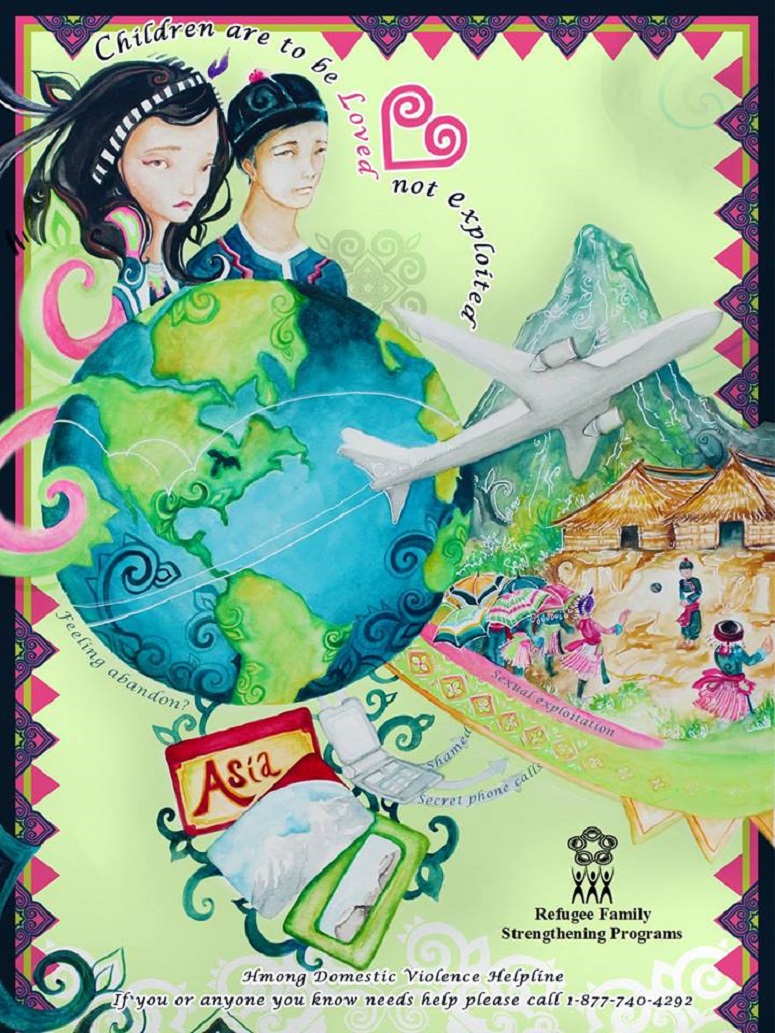Building Our Future (BOF) is a community campaign created by community change agents, movement builders, and advocates to end domestic violence and abusive international marriages/relationships in the Hmong community. October 25th was chosen as the Day of Action for organizers across the country to host events that can bring awareness, spark conversations, and create strategies that help end abusive practices that hurt families. Activities ranged from vigils, teach-ins, kitchen table discussion, community forums, radio talk-shows, and viral organizing on social media networks.
The following report is a summary of the evaluations collected from the Day of Action events.
Related Resources
Abusive International Marriages: Hmong Advocates Organizing in Wisconsin, 2012
Hmong advocates explore the connections between international marriages and sexual and domestic violence.
A Guide for Advocates to Understand the Legal Implications of Abusive International Marriages, 2016
This guide is intended as a resource for advocates who work with Hmong American women and families affected by abusive international marriages.
On Topic: Abusive International Marriages, Sex Tourism, and Trafficking
This brief clarifies the differences between abusive international marriages and/or relationships, trafficking, and sex tourism, and how the harms and labels we use impact women and survivors.
Hmong Women’s Dialogues Project: Our Voices Create Our Future, 2007
A Project of the Hmong Women’s Action Team (HWAT)
Women and advocates from the Hmong community define their vision and guiding principles to recommend community organizing and other strategic action plans to prevent domestic violence and address sexism.
Gender and Culture in Transition: A Community Conversation: Report on Domestic Violence Forum with the Fresno Hmong Community, 2014
By Central California Asian Pacific Women.
Advocates and community members from Fresno convened to examine domestic violence within the context of gender equity and how it impacts Fresno’s Hmong community. Participants identified steps that communities and systems can take to raise awareness, improve service for survivors, and redefine gender values and practices.
by Bo Thao-Urabe, Kabzuag Vaj, and KaYing Yang
December 2013
